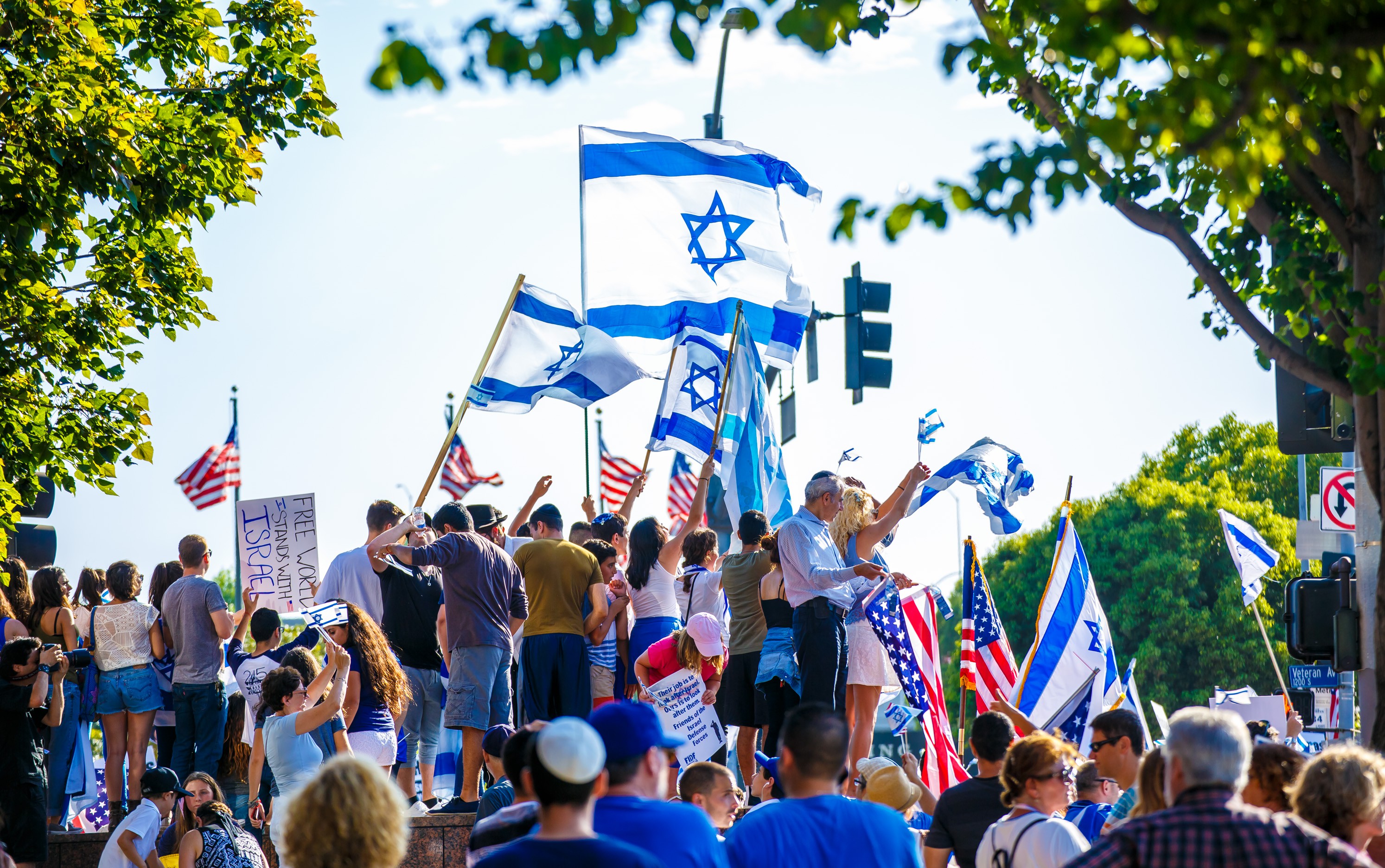Last week, students affiliated with Students for Justice in Palestine and other groups protested Israel Fest. Some members of the Jewish Student Union, as well as members of the greater Maryland Jewish community, responded by saying that the festival was meant to be a cultural celebration, devoid of politics.
J Street UMD had a booth at Israel Fest, where members distributed information about the Green Line and its importance. We are part of this event every year, running a booth that focuses on our support for a two state solution and opposition to the occupation. We recognize that, no matter how you slice it, Israel Fest is an inherently political event.
People should always feel free to celebrate their heritage and culture. There are many cultural celebrations on campus, and not all acknowledge the systemic political problems associated with their countries. There is complexity in Israeli society, but Jewish people are still allowed to feel and celebrate a connection to Israel, through religion, peoplehood or heritage.
However, those who celebrate Israeli culture can and should acknowledge the reality for the Palestinian people. For Palestinians, there is no day free of the occupation.The pro-Israel community should take this moment to look inward. Almost 2 million people in Gaza do not have access to resources because of the restrictions of the economic blockade. In the West Bank, military violence, house demolitions, settlement expansion, wall construction and ghettoization of Palestinian villages are just some of the ways that the Israeli government controls and oppresses millions of Palestinians. Dialogue alone will not end this conflict, political action will.
And while not all agree on the politics of the protests, we cannot ignore the genuine suffering and pain the protests speak to. Writing satire that ignores the suffering and deaths of millions of people while opting instead to shallowly critique the protests is indicative of how far the pro-Israel community still has to go. It’s not funny that many Palestinians can’t go back to where their families are from, when American Jews receive funding and support to make aliyah. The community should think about how, at a time when Israelis and Palestinians are perpetrating and suffering from violence, Israel Fest chooses to emphasize cultural engagement through camel rides, while ignoring the stark political issues impacting Israeli life.
When the Israel Defense Forces are discussed and celebrated at Israel Fest, there is no mention of what soldiers have to do when they serve in the West Bank. When we go to the Bedouin tent every year, there is no mention of the routine demolitions of Bedouin villages the Israeli government executes. Is that honest engagement with the realities of Israeli life and society?
And yet the protests also featured vast oversimplification and dismissiveness of Jewish self-determination. Chanting “From the river to the sea, Palestine will be free” and supporting a one-state solution imposes a post-nationalist secular, democratic state onto two peoples who each desire self-determination. Under a one state solution, would millions of Israelis have to turn in their passports and renounce their identity? What about Palestinians and Israelis who desire separation from each other after decades of violence against each other? Is it really freedom for Palestinians if it takes away the fundamental right of self-determination for the Jewish people?
At the end of the day, imbalanced or hostile narratives aggressively put forward by either side do not lead to productive engagement or toward productive political change. That is what is needed to actually allow both people to live with safety and dignity.
The stakes are too high for feel-good activism or celebration. We are all complicit in some form of oppression, and the immediate concerns for everyone should be: What solution to the conflict provides peace, security and freedom from oppression and occupation, as well as self-determination for all peoples? Clearly, the only answer to that question is the two-state solution.
We encourage our fellow members of the university community to listen to each other, to look at the facts, to scrutinize their own positions and their own certainties with humility and rigor, and then to move towards a political solution.
Amna Farooqi is a senior government and politics major and the president of the J Street U national board
Ethan Weisbaum is a Junior history major and is on the J Street UMD board



